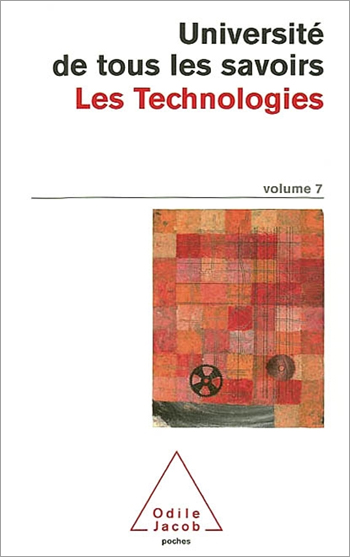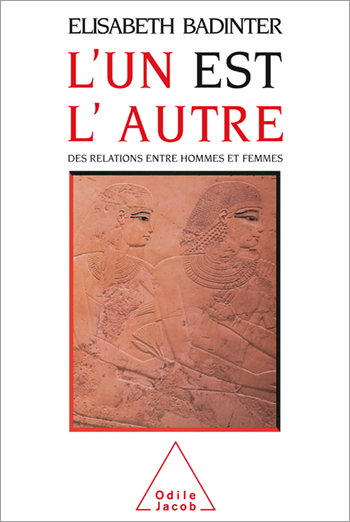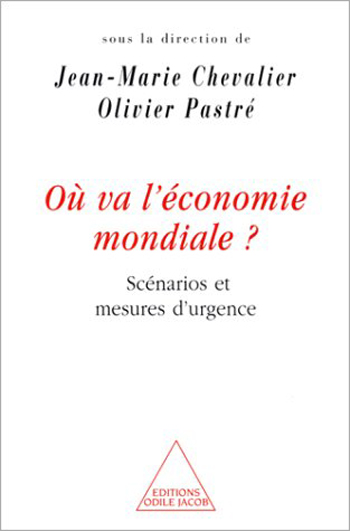Human Sciences All books
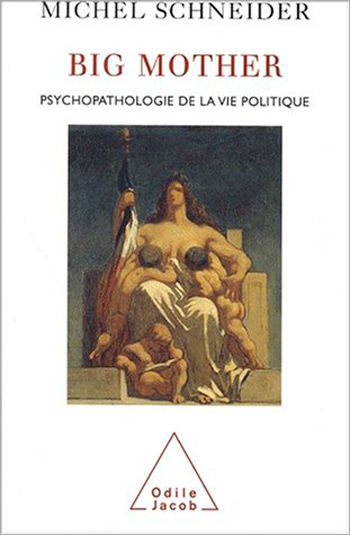
Michel Schneider
Big Mother The Psychopathology of Political Life
Listening, closeness, emergencies, love - politicians today play up to the mother. Leaders dare not lead, the citizens are now so child-like that they simply wait to be told what to do by the State : the Leisure State behaves like those mothers who cannot stand to think that their children can play by themselves, and insist on keeping them busy. Where are the fathers ? Is this the end of the paternal reference and the symbolic order of things ? A psychoanalyst, Michel Schneider was formerly a director of music and dance at the Ministry of Culture.
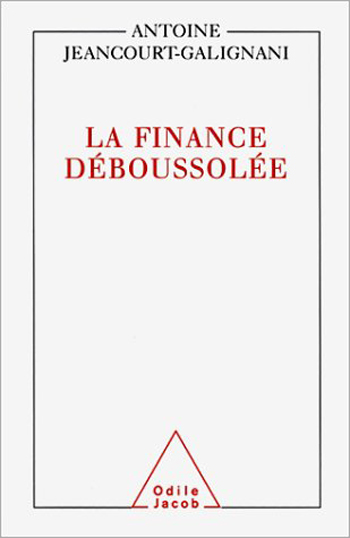
Antoine Jeancourt-Galignani
Disorientated Finance
This book analyses the events that shook French and international finance during the last twenty-five years of the twentieth century. In a straightforward style, eschewing all clichés, the author shows why Pierre Bérégovy was instrumental in bringing about the revolution in French finance, how Edouard Balladurs closest followers created a caste which is now in control of upper management, and how they prevented the creation of pension funds in other words, how they prevented the realisation of the Gaullist dream of participation and finally, how and why U.S. banks have managed to take over financial control of large French businesses. Antoine Jeancourt-Galignani is now chairman of the board of directors of GECINA.
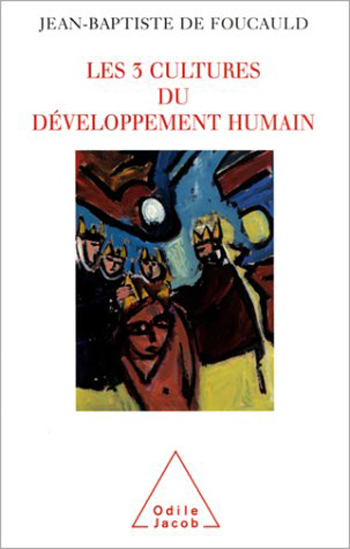
Jean-Baptiste de Foucauld
The 3 Cultures of Human Development Resistance, Regulation, Utopia
Today, economic growth has taken off again, creating jobs and making full employment a feasible goal. And yet, at a time when we seem to be at the brink of a new recession, nothing seems to have really changed. Modernisation may exclude fewer members of our society than had been previously feared, but, if we are not careful, their exclusion will be all the greater. It is no longer possible to retain a soft procedural approach to democracy. Democracy needs to return to its origins; it must be given a goal, based on a strong vision of humanity and of humanity as part of society. It is necessary to construct human development along the lines of three political and spiritual cultures which represent our common heritage : resistance, regulation and utopia. Jean-Baptiste de Foucauld is a senior official in the French Treasury. Until 1995 he was a commissioner of Frances economic plan. He is active in numerous think-tanks and associations that struggle against social exclusion and unemployment.
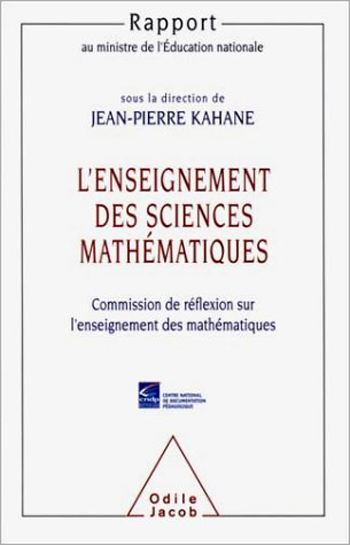
Jean-Pierre Kahane
The Teaching of Mathematical Sciences
What should be the goals and the contents of the mathematics syllabus from primary school to university? What changes should be undertaken to accompany and prepare for future developments in science and technology? And how should the initial training, competitive recruitment and further education of maths teachers evolve and develop? This book is the fruit of several months work by a committee, presided by the mathematician Jean-Pierre Kahane, on the future of the teaching of mathematics.

